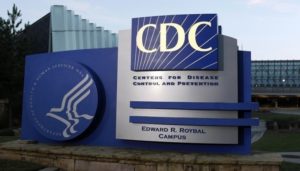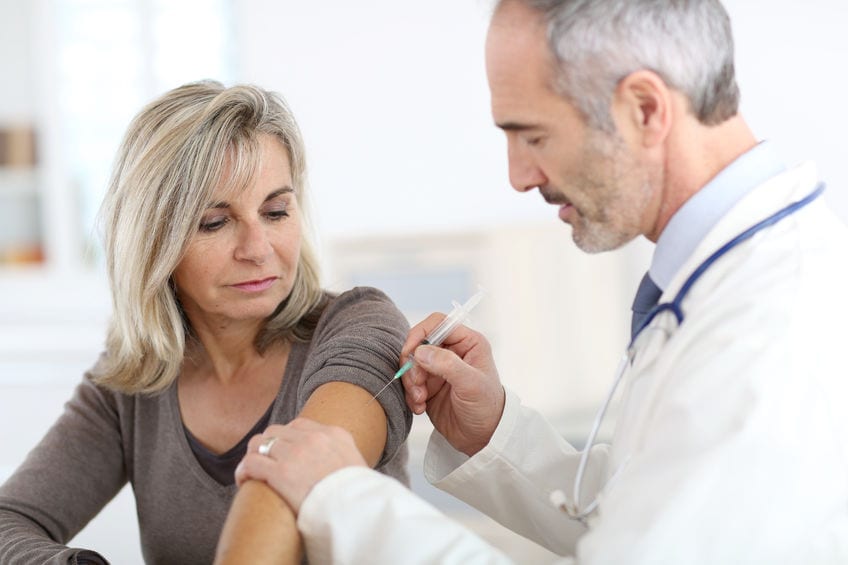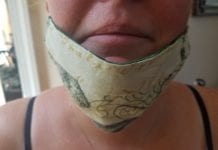ATLANTA, GA – Finally accepting the reality that antibiotic stewardship among health care professionals is just a pipe dream, Acting Director of the Centers for Disease Control and Prevention (CDC) Dr. Anne Schuchat officially said “F**k it” and just add vancomycin & Zosyn (piperacillin-tazobactam) to the water supply.

“No matter what we try, patients keep asking for antibiotics for viruses and doctors keep prescribing them to protect against litigation, so there we are,” Schuchat explained, adding that she is crafting a message to the nation’s pharmacists to make sure that state, local, and national supplies of vancomycin and Zosyn in drinking water is renally dosed. “Since cutting back didn’t work, might as well go balls to the wall and be like Oprah: everybody gets vanc & Zosyn!”
According to data collected from the CDC, the average hospitalized patient receives anywhere between 3 and 180 days worth of broad-spectrum antibiotics despite negative culture data. Seeing this as an opportunity for cost-savings, Schuchat believes the time is right for home antibiotics, and not through a PICC and home health services: but through sterilizing the water supply.
“I was sincerely hoping that scaling back on antibiotic use would help curb the development of multi-drug resistant microorganisms like carbapenem-resistent Enterobacteriaceae,” continued Schuchat, “but since no one else cares besides me apparently, bottoms up, and hope everyone enjoys a future laden with C. diff.”
Over the next several weeks, Schuchat plans to work hand-in-hand with several major players in the food beverage industry – think Coca-Cola, Pepsi, and Tyson Foods – as well as the Food & Drug Administration to expand antibiotic use in other beverages and make sure, for example, your next can of soda has a label indicating antibiotic content and side effects.
“If I had to guess,” said Schuchat, “each 12-oz can of Coke or Pepsi will have 1 gram of vancomycin and 3.375 grams of Zosyn, though we’re still in the early stages. But that’s why I’m writing to pharmacy, to make sure they’re on board. We might end up recommending checking routine blood work before having any beverage in this country.”






